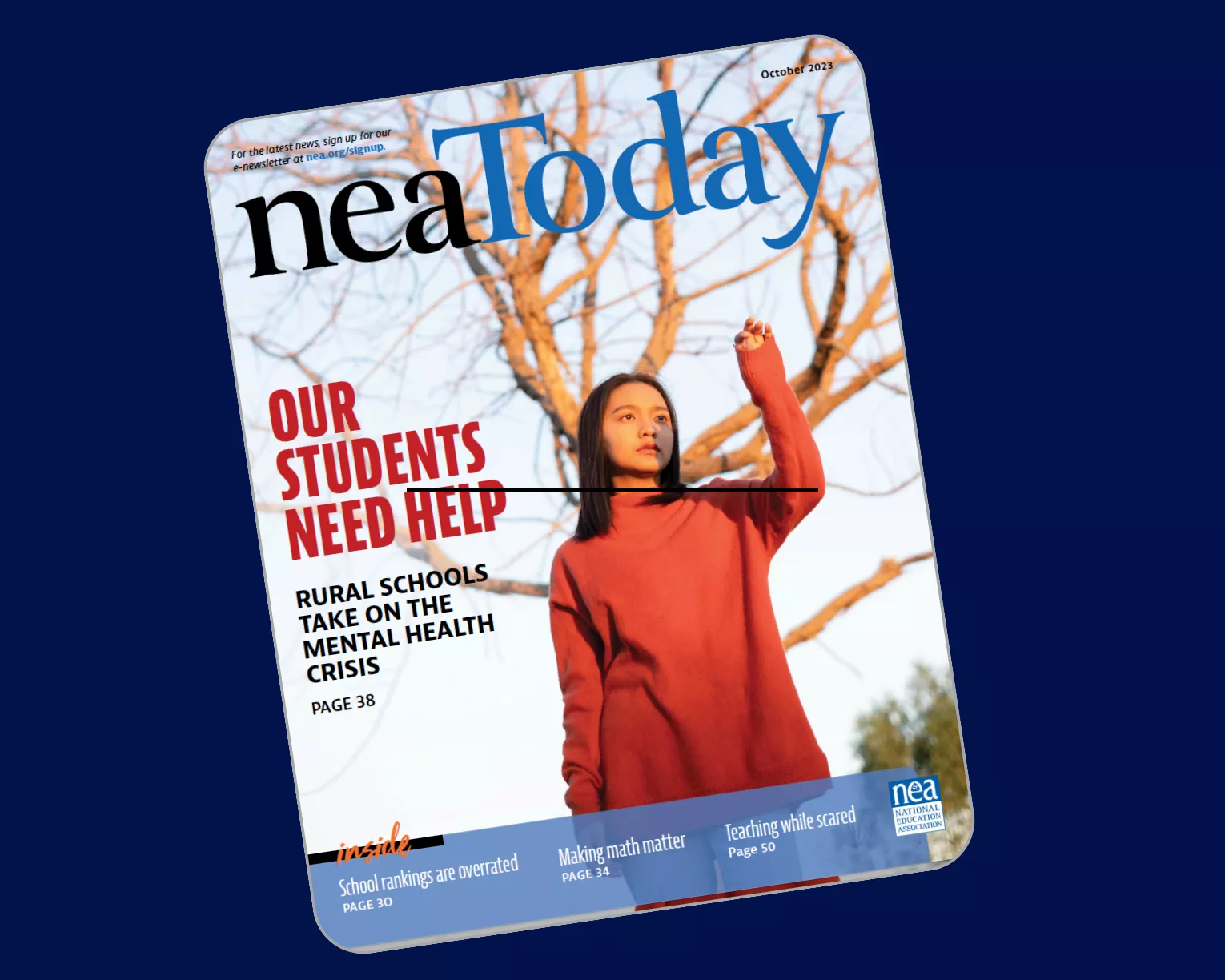
NEA Puts Educators on the Ballot
NEA has prepared more than 300 members to run for public office through its See Educators Run training program. As lawmakers, these NEA members are creating education policy that helps all students thrive!
NEA members have run for:
- U.S. Congress
- State legislatures
- State and local boards of education
- County and city councils
- Mayor
Should you run for office?
Yes, you should! Find out more at nea.org/see-educators-run.
NEA Funds Big Collective Bargaining Wins!
NEA has awarded $2.6 million in Student-Centered Bargaining Advocacy grants to 91 state and local affiliates since the program began, in 2015. The grants support members’ collective bargaining efforts across the country.

The results?
In Pueblo, Colo., the local union won a 12 percent raise for teachers, school nurses, and counselors—and a starting teacher salary of $45,000!
In South Carolina, where collective bargaining is prohibited for educators, NEA grant funds and strong advocacy by the state affiliate helped score these major victories, among other wins:

- Paid parental leave for all school employees.
- A harmful bill blocked that would have limited and whitewashed history.
- An end to lunch-shaming and the practice of sending students and families to collections over school lunch debt.
Apply at nea.org/Bargaining-Grants.
NEA Course Can Help You Address LGBTQ+ Bias
Worried about bias in your school? NEA has a series of courses that can help. These virtual, in-person, or blended classes address bias around sexual orientation and gender identity, with a focus on racial justice. Called LGBTQ+ Blended Learning, the series trains thousands of educators year-round and provides them with the latest data, legal updates, and activities to empower members to support all students.
The most popular courses to date?
- Supporting Transgender, Non-Binary, and Gender Non-Conforming Students
- Walking the Talk: Classroom Strategies for Addressing LGBTQ+ Bias
Request a training at nea.org/LGBTQ-trainings.
NEA Champions Disability Justice

Want to confront ableism and discrimination and boost access and inclusion for students with disabilities? NEA has solution-oriented resources that advance disability rights and can help you become a better advocate for students with disabilities.
These resources will challenge the view that students with disabilities can’t achieve or learn; address the many intersecting forms of discrimination that impact these individuals; and more!
Start your journey toward justice at nea.org/disabilities.


